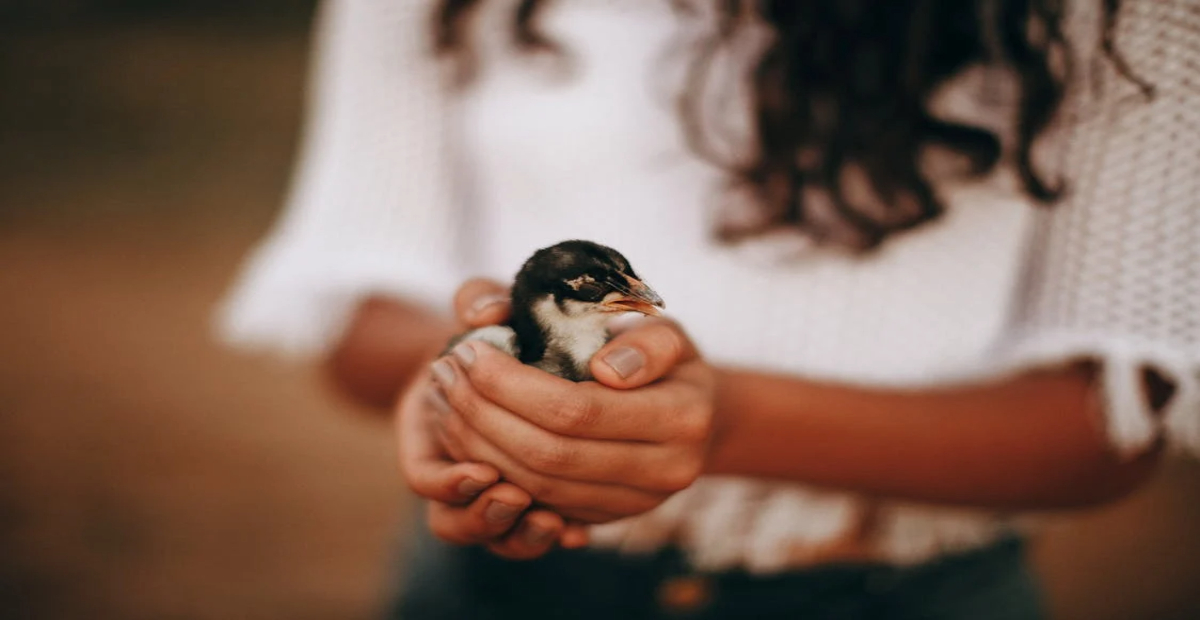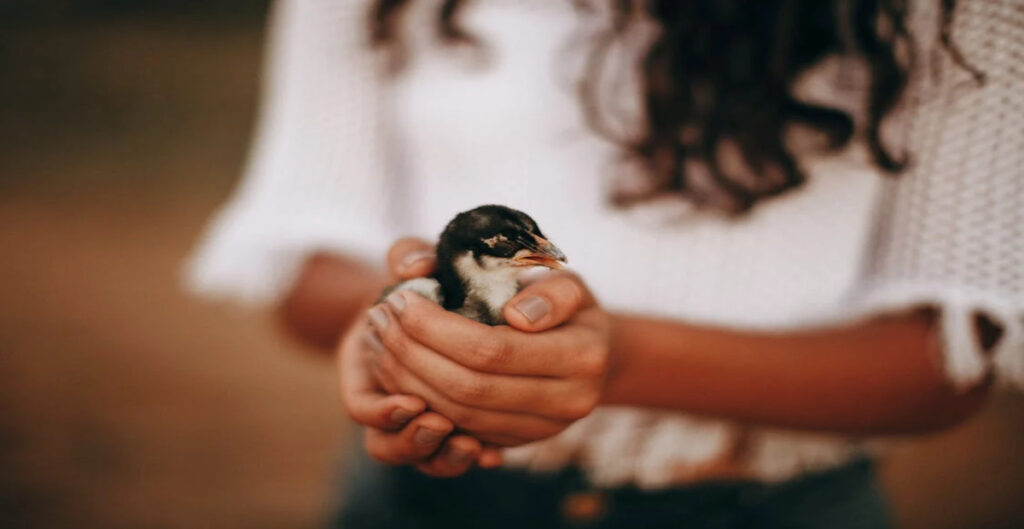
Ancient Greek culture traditionally valued the relationship between humans and animals, as evidenced by its colorful tapestry. That relationship is still going strong as we approach 2024, with more and more homes bringing little feathered companions inside. The delightful song of canaries and the amusing antics of budgies make spending time with these small birds of prey an unforgettable and rewarding experience. However, maintaining their well-being requires commitment, expertise and a thorough understanding of their particular requirements. With the help of this comprehensive guide, aspiring and existing Greek bird owners should be able to provide their little feathered friends with a loving and exciting home.
Choosing the right bird
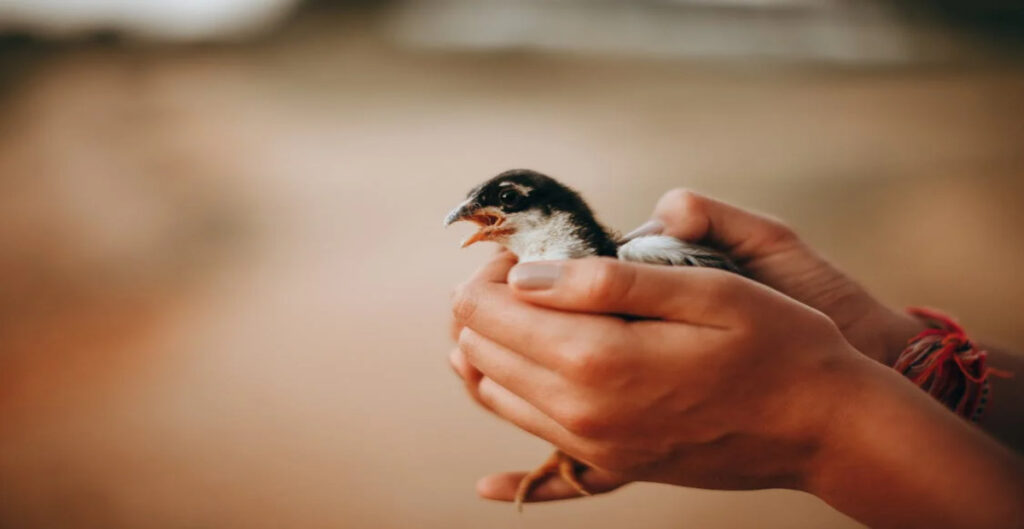
Choose the perfect feathered companion as your first step on your birding adventure. Greece is home to a wide variety of tiny bird species, each with unique personalities and conservation needs. Among the most popular options are:
Canaries: Traditionally, Greek homes have chosen canaries for their lively plumage and melodious songs. They are an excellent choice for first-time bird owners due to their relatively low maintenance requirements.
Parrots, sometimes known as budgies, are unusual and witty birds that are a joy to observe and engage with. They are loved by both families and people because of their fun behaviors and ability to imitate sound.
Finches: These little birds are a visual feast, ranging from the lively zebra finch to the delicate society finch. They are ideal for apartments due to their modest size and gentle disposition.
Make sure the species you choose fits your lifestyle and living conditions by learning about its special dietary requirements, housing requirements and temperament before you make your decision.
Housing and Environment
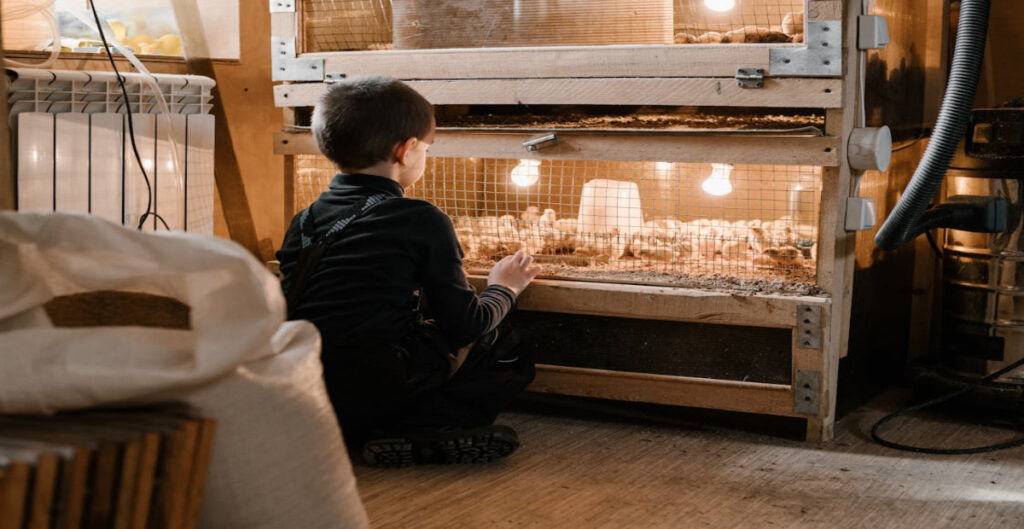
For the physical and emotional health of your feathered friend, you must provide a suitable living environment. It is important to choose the right cage and make sure it has enough ventilation in the heated environment of Greece.
Cage size and setup:
Make sure the cage you choose will allow your bird to fly around and spread its wings.
Provide the cage with perches of different sizes and materials to encourage healthy feet and prevent obesity.
Add toys, a swing and chew toys to keep people from getting bored and stimulate their minds.
The cage should be placed away from drafts and direct sunlight in a well-lit area.
Temperature and Humidity:
The ideal temperature range for birds is between 18°C and 24°C (64°F and 75°F).
Maintain a healthy humidity level and make sure there is enough ventilation to avoid respiratory problems.
To maintain a suitable climate throughout Greece’s hot summers, consider using air conditioning or evaporative coolers.
Cleanliness and hygiene:
To prevent disease, clean the cage regularly by removing soiled bedding and wiping down any surfaces.
To keep your bird clean and in good feather condition, give it a wash dish or a misting system.
Nutrition and Hydration

The foundation of your bird’s health and well-being is proper nutrition. It is imperative that you maintain a well-balanced diet that includes fresh produce, a high-quality seed mix, and vitamins.
Seeds and Pellets:
Provide a variety of seed mixed according to your bird’s species, along with small bird pellets.
To avoid stomach upset, introduce new foods gently.
Fresh product:
Include a range of fresh fruits and vegetables in your bird’s diet, including chopped greens, berries and leafy greens.
The production must be well cleaned to get rid of pesticide residues.
Water:
Using a disinfected water dish or bottle, provide fresh, clean water on a daily basis.
To improve overall health, consider adding a bird-safe vitamin supplement to the water.
Supplements:
Talk to an avian veterinarian about the need for additional vitamins, including calcium or vitamin D3, especially during breeding seasons.
Socialization and Enrichment
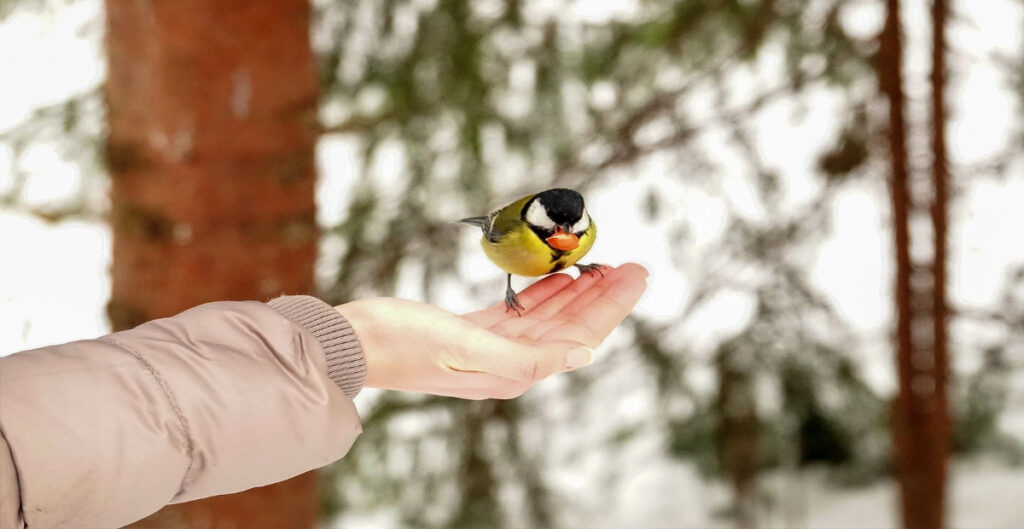
Little birds are very intelligent and social creatures, who need mental stimulation and interaction to thrive. By providing a stimulating environment and spending quality time together, you can cultivate a strong bond with your feathered companion.
Time out of the cage:
Allow supervised bird-free time outside the cage daily for exercise and exploration in a safe, bird-protected area.
Introduce new toys, perches, and activities to prevent boredom and encourage natural behaviors.
Training and Engagement:
Invest time in positive reinforcement training, teaching your birds tricks and cultivating a trusting relationship.
Engage in interactive play, talking and singing to your bird to strengthen your bond.
Avian Companionship:
Consider adopting a pair or small flock of compatible birds, as many species are highly social and thrive in the company of their own kind.
Introduce new birds gradually and under the guidance of an experienced bird professional.
Grooming and Health Care

insuring your bird’s well-being. By staying proactive and seeking professional care when needed, you can help your feathered friend live a long and healthy life.
Feather Care:
Provide adequate swimming opportunities to maintain healthy feather condition.
Trim overgrown claws and beaks regularly under the guidance of an avian veterinarian or experienced groomer.
Veterinary care:
Establish a relationship with an avian veterinarian in your area for regular checkups and emergency care.
Be aware of common health issues in your bird species, such as respiratory infections, feather plucking, and nutritional deficiencies.
Quarantine new birds and watch for signs of disease before introducing them to your existing flock.
Emergency Preparedness:
Keep a well-stocked bird first aid kit and familiarize yourself with basic first aid techniques.
Locate the nearest emergency bird clinic and have contact information readily available.
Responsible ownership and legal issue
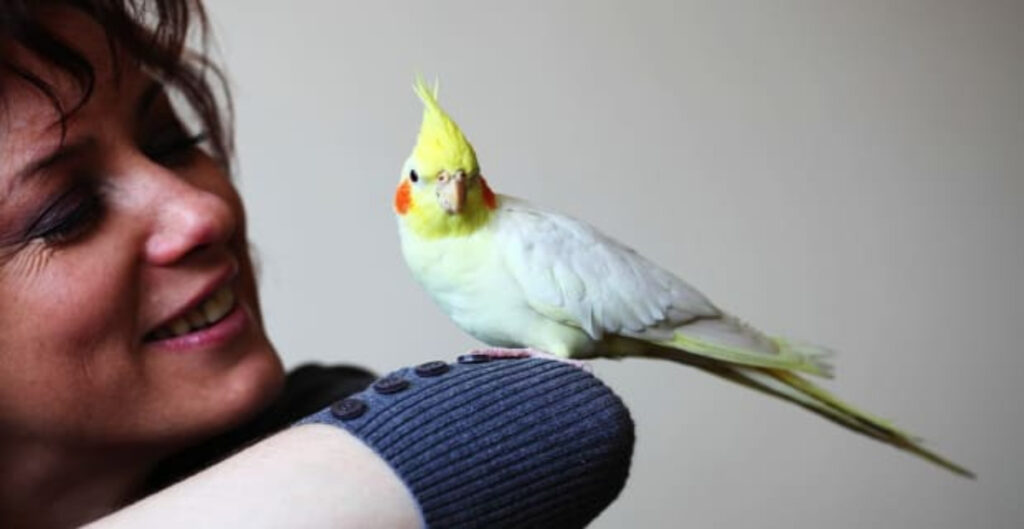
As a responsible bird owner in Greece, it is essential to be aware of the legal requirements and ethical considerations regarding bird care. By following these guidelines, you can ensure your bird’s well-being while helping to preserve wild populations.
Legal requirements:
Familiarize yourself with local and national regulations regarding the ownership, breeding and transportation of birds in Greece.
Obtain necessary licenses or permits if required for certain items or activities.
Ethical issues:
Avoid buying birds from unethical or illegal sources, as this contributes to the harmful pet trade and depletes wild populations.
Consider adopting a rescued or surrendered bird, providing a loving home for a bird in need.
Avoid releasing captive birds into the wild, as this can disrupt ecosystems and spread disease.
conclusion
n Greece, caring for a tiny bird is a rewarding and enriching experience, but one that comes with great responsibility. You can ensure that your feathered friend will flourish and add happiness to your home for many years by providing him with a loving environment, a nutritious meal, lots of mental stimulation, and careful medical care. Just as providing the right care is crucial for your pet’s well-being, services like gambling sms service offer tailored communication, ensuring that customers in the gaming industry receive timely updates and promotions. Embrace the special relationship that exists between humans and these fascinating birds, and embark on a journey that will bring you companionship, wonder, and a greater understanding of the natural world.
For more: Bird Health Awareness Week – February 18-24
